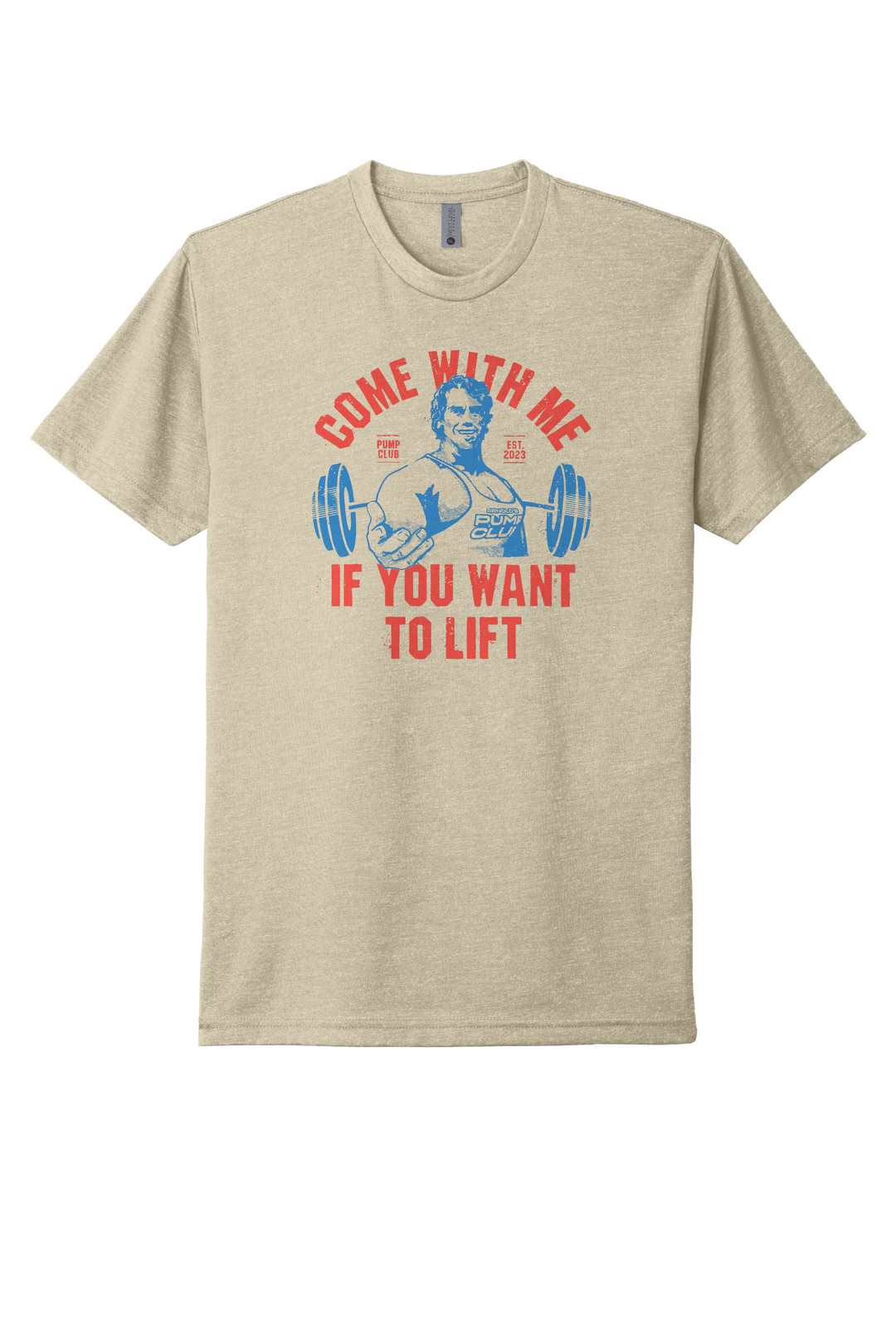Welcome to the positive corner of wellness. Here’s a daily digest designed to make you healthier in less than 5 minutes. If you were forwarded this message, you can get the free daily email here.
Today’s Health Upgrade
Terminate Hate
Artificial sweeteners and heart attacks
Is this preventing muscle growth?
Finding the right weight for your workouts
Terminate Hate
Yesterday I received an honorary degree from Stockton University for my work fighting to terminate hate. This is the speech I gave. It is important, so I had to share it with all of you even though it isn’t purely fitness. I think all of us can benefit from the message about embracing struggle.
Artificial Sweeteners and Heart Attacks: fact or fiction?
The nutrition world was set on fire last week when it was reported that erythritol — a popular sweetener used in protein bars and shakes — was linked to stroke and heart attack. There was just one little problem.
The study didn’t even test erythritol consumption, so the conclusion made by many in the media (that erythritol causes heart attacks) was very misleading (at best) and a dramatic false alarm (at worst).
Here's what you need to know: the researchers examined erythritol levels in the blood. Unlike other substances that only show up in your body if you eat it in your diet, erythritol is naturally produced by your body. And, it increases specifically during stress or body dysfunction. So if you have elevated levels of erythritol, it doesn't necessarily mean you've been having a lot of the sweetener; it could be that you're sick.
And that's what makes this study so problematic. The subjects in this study were not healthy. For example, more than 70 percent had coronary artery disease and hypertension. Which bring up an important question: did the consumption of erythritol cause the high levels in the blood, or was it because the subjects very sick and naturally producing more in their bodies? We don’t know because the study didn’t test those variables.
To be clear, other studies suggest supplementing with erythritol can led to positive health outcomes. If you’re worried about erythritol, it’s pretty easy to avoid. Simply check the ingredient list. Our take: we need more research focusing on healthy individuals while controlling for erythritol consumption to see if there is an association with disease. But, at this point, it's early to panic based on the findings of the study.
Does Body Fat Limit Muscle Growth?
There’s a common belief that if you want to gain muscle efficiently you need to lose fat first. While it’s good to keep an eye on carrying too much body fat so it doesn’t harm your overall health, body fat does not appear to limit your ability to build muscle.
A recent study examined whether certain variables — such as body fat or age — affected the results of different resistance training programs. Age and calorie intake appeared to have the biggest impact on muscle growth. In other words, if people ate fewer calories than they burned (a caloric deficit), it was harder for them to gain muscle. The same can be said for older individuals (although age did not prevent people from gaining muscle, it just made it harder).
If you want to maximize muscle growth, make sure you’re eating enough to gain new mass. If you want to lose fat, you'll want to limit calories, but understand that it can limit how much muscle you'll be able to add.
From the Community: How Much Weight Should You Use?
"How much should I be lifting?” It’s a frustrating question that lives rent-free in the back of beginners’ minds and even those who are more advanced.
It’s hard to figure out because different workouts recommend different rep ranges. When you’re told 8 to 12 reps, do you use a weight for eight reps or twelve? And do you use the same weight for every set?
Remember: research suggests you can build muscle or burn fat by lifting heavy or lighter weights. The key is pushing intensity near the point of failure, whether that's 5 reps at a heavier weight or 20 reps at a lighter weight.
That means figuring out how much weight to use is a process because you need to identify how to push the boundaries of intensity while prioritizing safety. To do so, don't stress the weight on your first few workouts.
When you start a new program, it’s more important to master the movement than worry about how much weight you’re using. Weight training doesn’t hurt people; incorrect movements or using too much too fast is when you can put yourself in danger.
Here's a method that will help you determine the right weight after a few workouts. It requires you to check your ego, but it works incredibly well. First, pick a weight you can complete for more reps than what’s recommend. If your workout says to perform three sets of 8 to 10 reps, then grab a weight you can do for 12-15 reps.
Then, perform all the sets, and see how many reps you complete on all three sets.
Now comes an important question: how much weight can you do on your final set? Assessing how many reps you can do on your “final set” can help you determine the right weight.
If you’re within 1-2 reps of the goal range, then that’s a good starting weight.
If you can do more than two reps above the goal rep range on your final set, then you'll want to add more weight to your next workout.
If you fall more than two reps short of the range, you'll want to drop the weight on your next workout.
You can use this method when you begin a workout to find the right starting weight. And, it's a helpful way to make sure you're pushing the right intensity and not limiting your results. As time goes on in a program, if you easily hit your rep range on the first set or second set, make sure you go up in weight. If you're focused on making small improvements each workout, you will improve.
Remember, don't stress about where you start — focus on building a routine, improving, and pushing forward. That's a proven formula for becoming better.
—

Lift your friends up, get a personalized, signed copy of my Encyclopedia of Bodybuilding
Help me with my fitness crusade and recruit new members. Share your referral link and if 2 people sign up for The Pump Daily, you’ll be entered to win a personalized, signed copy of my Encyclopedia of Bodybuilding. Five winners will be selected.























































